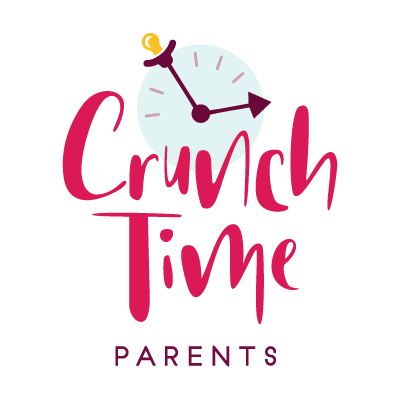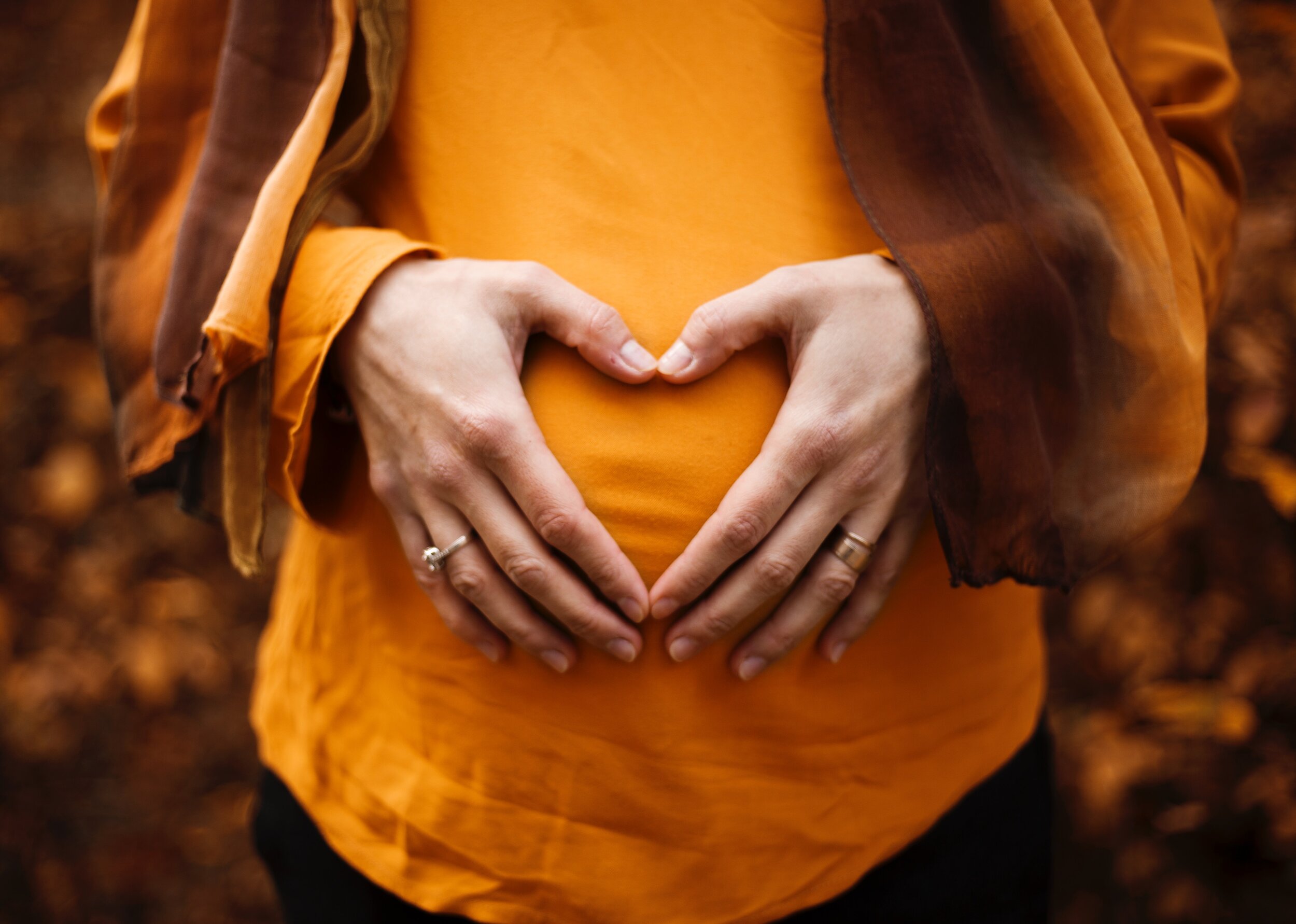How to Know If You're Having a Heart Attack While Pregnant or Giving Birth
/By Salma Abdelnour Gilman
It's not exactly shocking that pregnant women who have a heart attack often can't tell they're having one: The symptoms are hard to tell apart from all the discomforts that spring up normally in those nine months. But keeping in mind that heart attacks, of all things, can actually happen to pregnant women—especially pregnant women older than 35—is at least one step toward recognizing them in time, and getting help.
A newly published study of 55 million women by the NYU School of Medicine notes that heart attacks in women who are pregnant, giving birth, or up to two months postpartum went up by 25 percent between 2002 and 2014. That's a huge jump in a relatively short time.
The authors of the heart attack study, published this week in Mayo Clinic Proceedings, are attributing the rise in part to the growing numbers of women having kids over 35. The heart attack risk for pregnant or postpartum women ages 35-39 is five times higher than for women in their 20s; for women having babies at 40-plus, the risk of heart attack during or shortly after pregnancy is 10 times higher than for younger women.
The overall risk remains small, at around 8 for every 100,000, as Today.com notes. Of those numbers, approximately one fifth happen during pregnancy, a quarter during labor and delivery, and slightly more than half in the two months after childbirth. Of those heart attacks, 4.5 percent are deadly.
If you or someone you know has the following symptoms while pregnant, in labor, or postpartum, alert a doctor immediately: You probably already know to look out for chest pain or pressure—but, granted, these can be hard to distinguish from pregnancy-related acid reflux. Don't dismiss chest discomfort as just reflux; err on the side of over-caution. Same if you're feeling short of breath, lightheaded, or dizzy, or generally more fatigued and unwell than usual. Again, it's tempting to say "Um, isn't that just pregnancy?" But if your gut tells you something feels off, trust it and ask.
Also, tell a family member, friend, doula, or caregiver who will be at your side during childbirth to be extra-alert too, in case you're too medicated during labor to notice or speak up.
If you've had a C-section or were diagnosed with preeclampsia, be triply vigilant about those symptoms. Ditto if you have high cholesterol, high blood pressure, diabetes, or obesity.
Again, we'll repeat that the overall risk is low—and that despite the "advanced maternal age means higher risk" takeaway of this study and seemingly every other, the actual numbers of women who experience heart attack during pregnancy or postpartum, at any age, are tiny.
But still. Stay cautious and extra-safe, no matter what your age or any other numbers say.



















